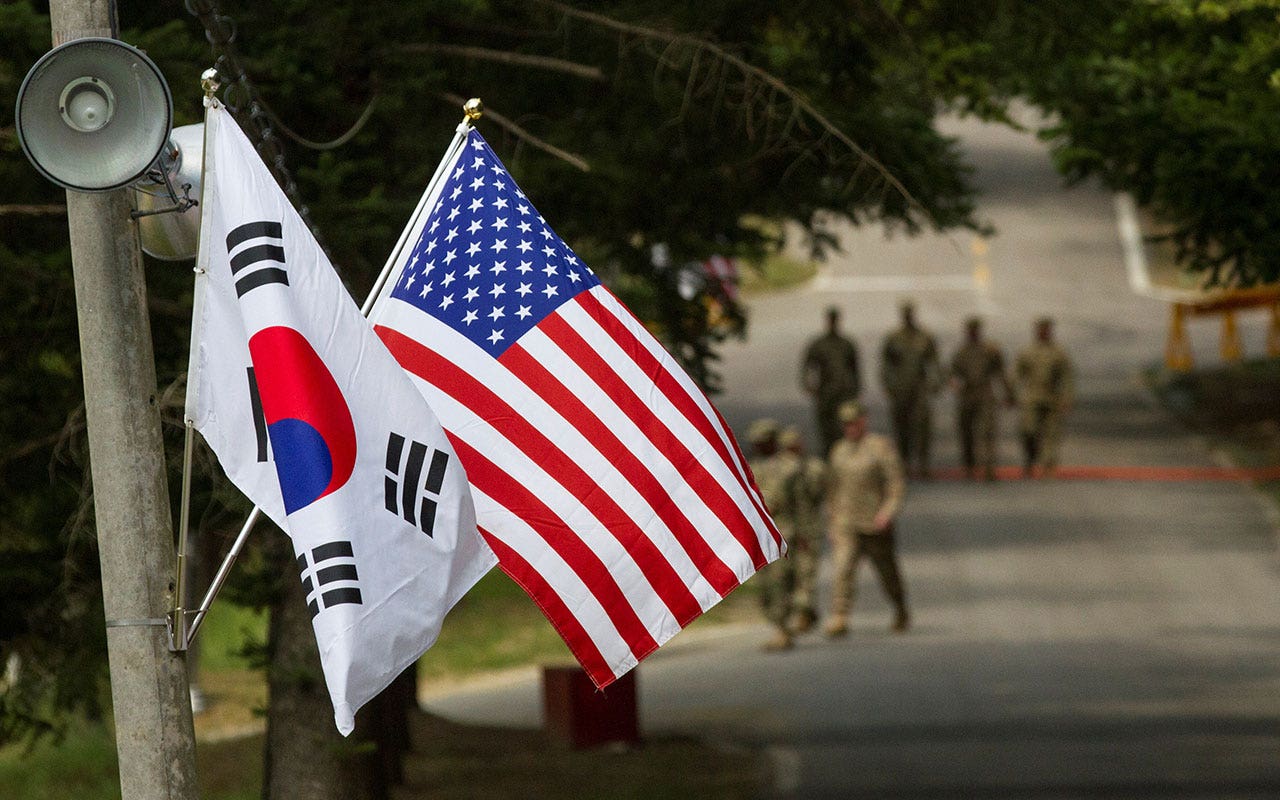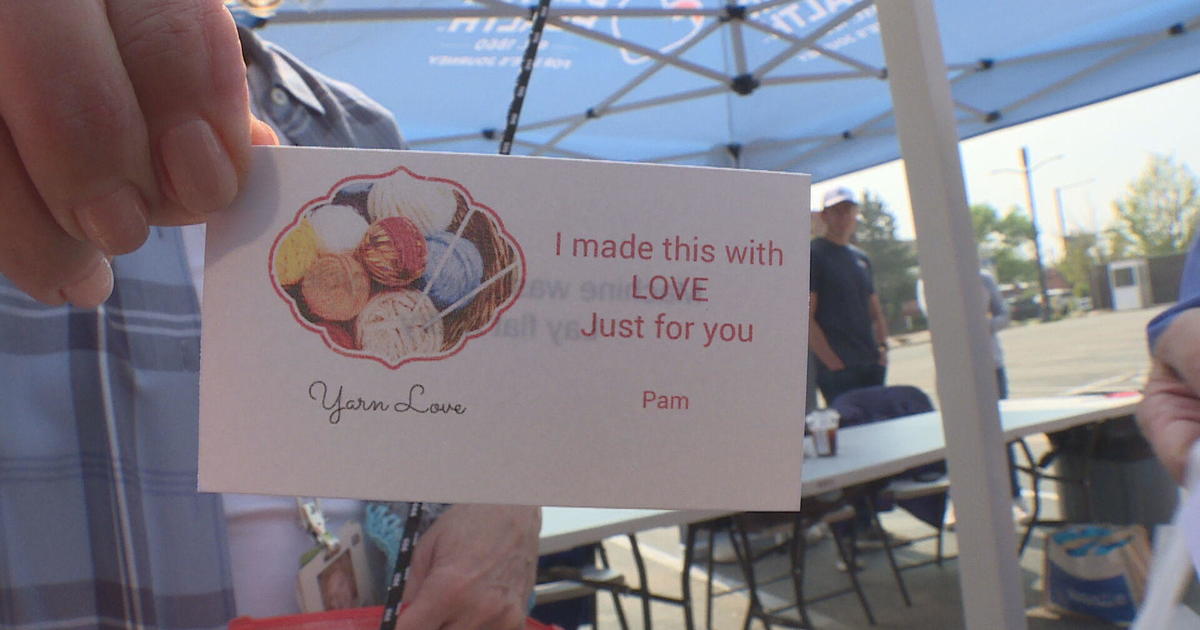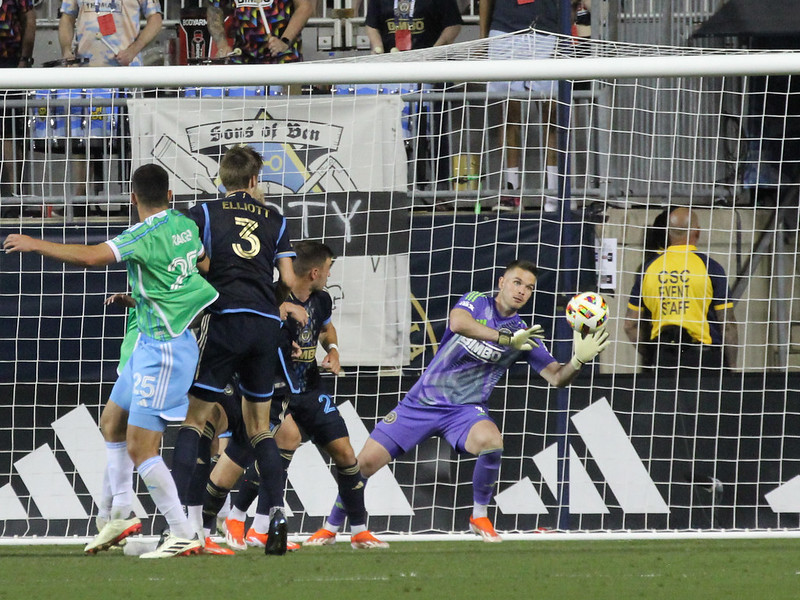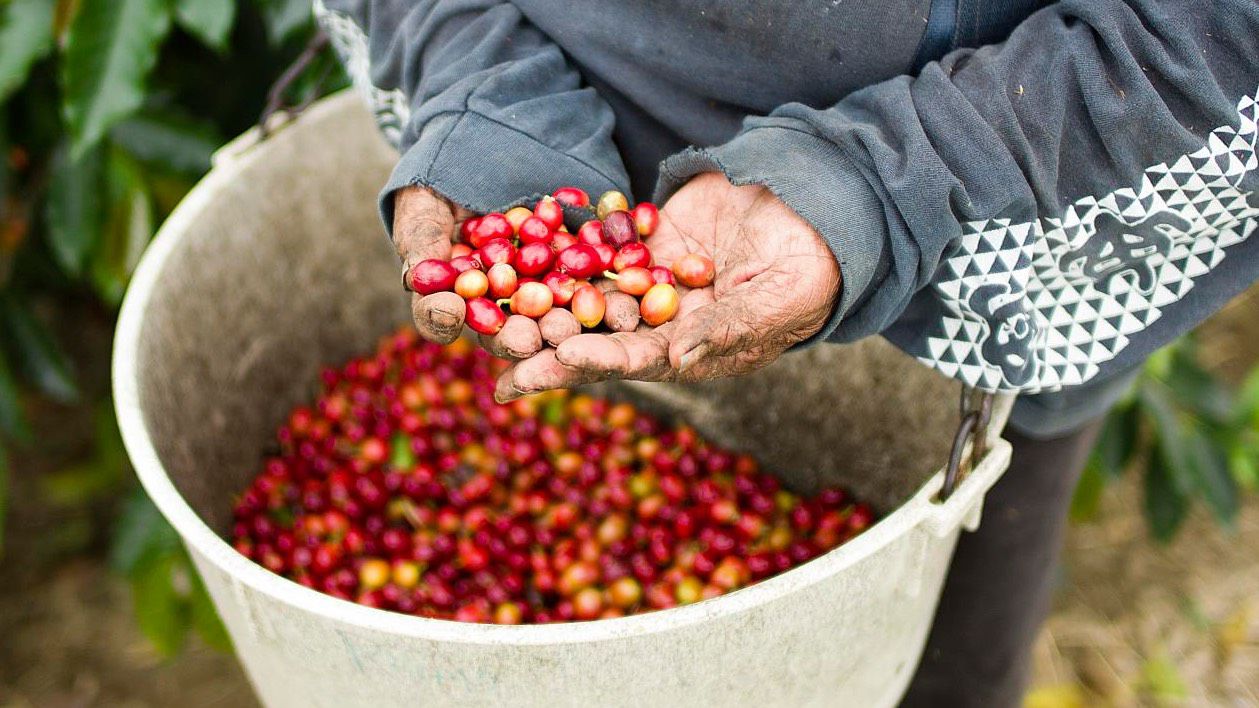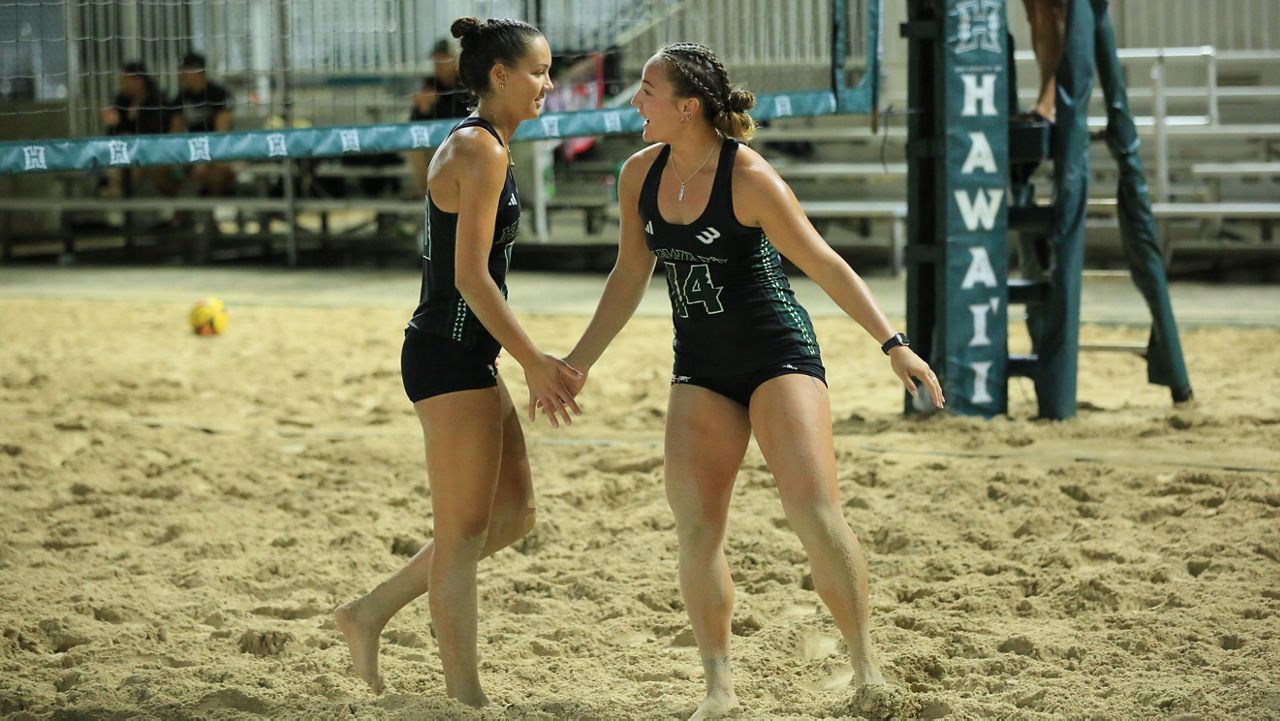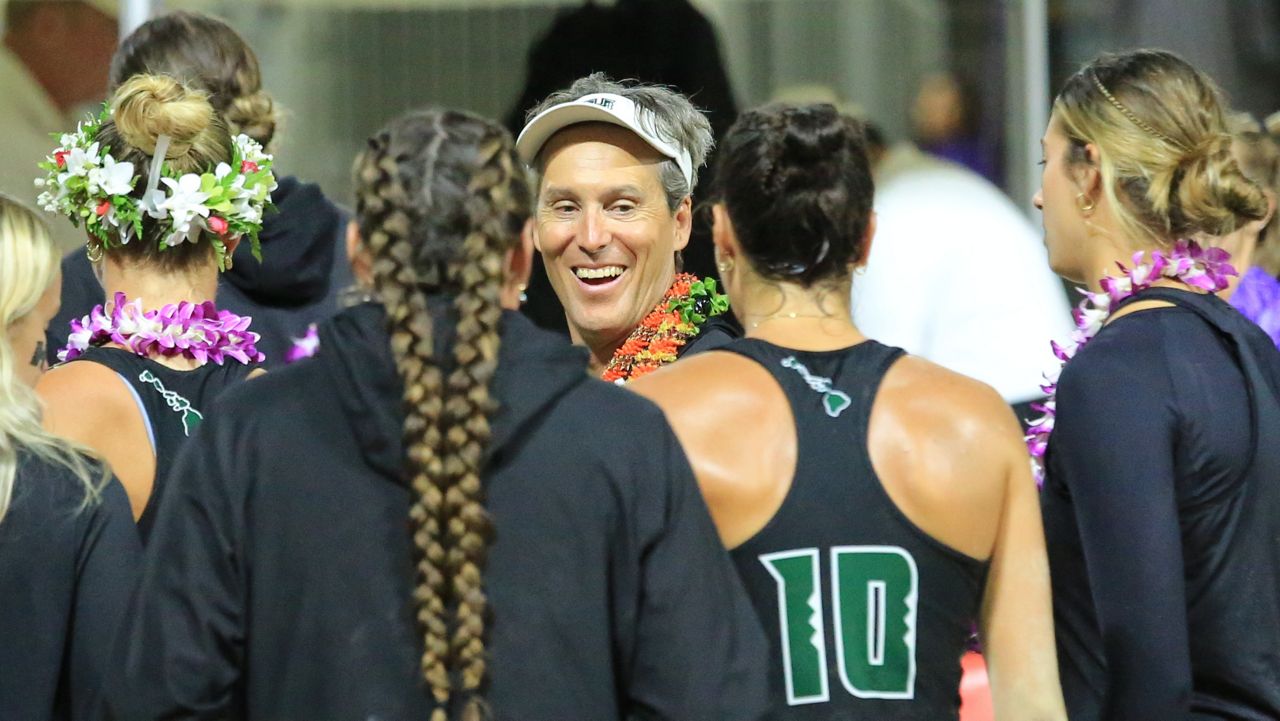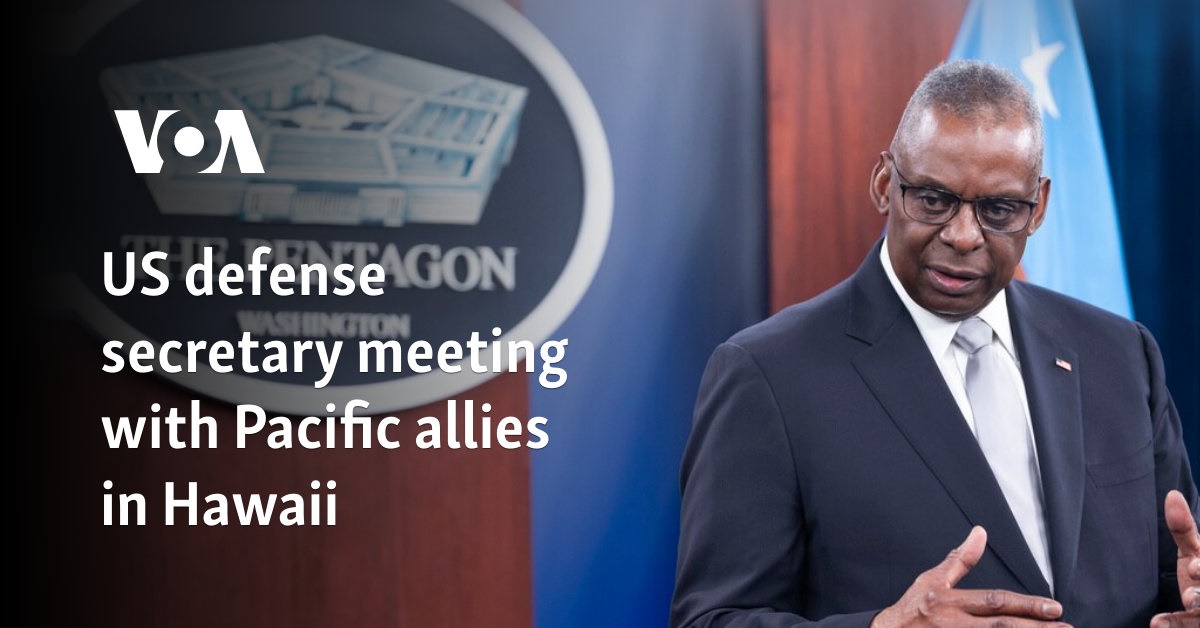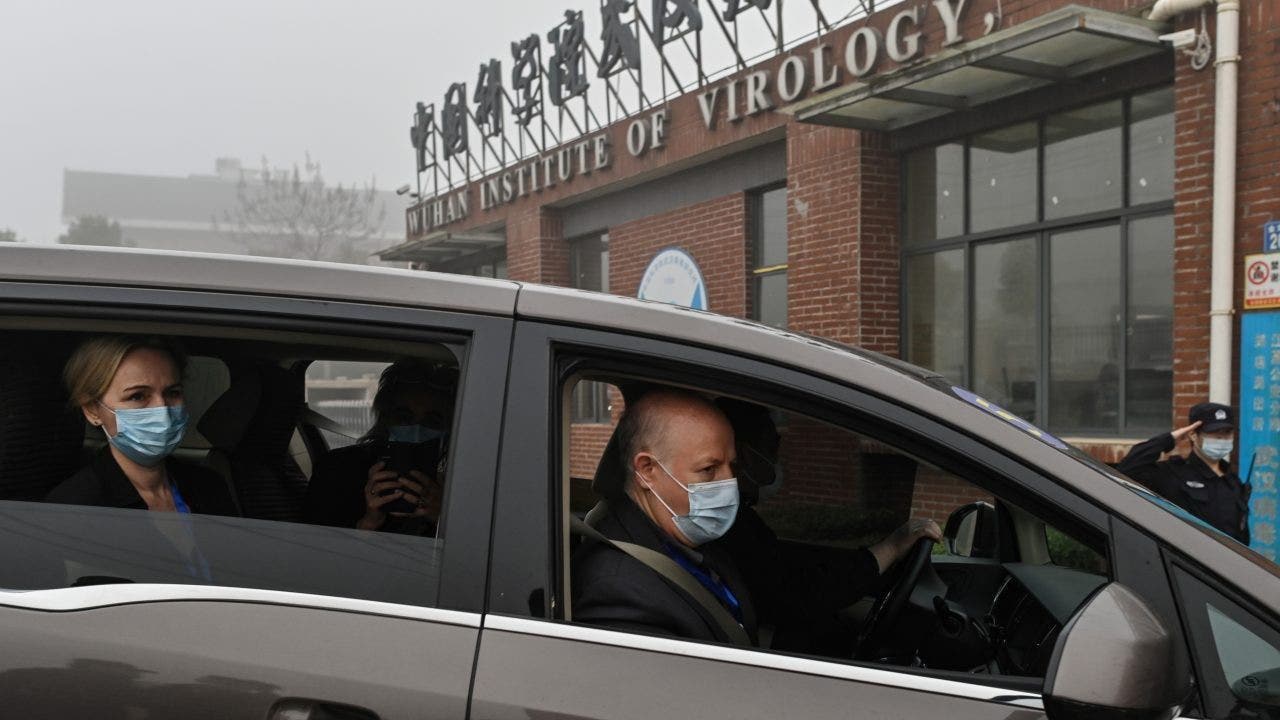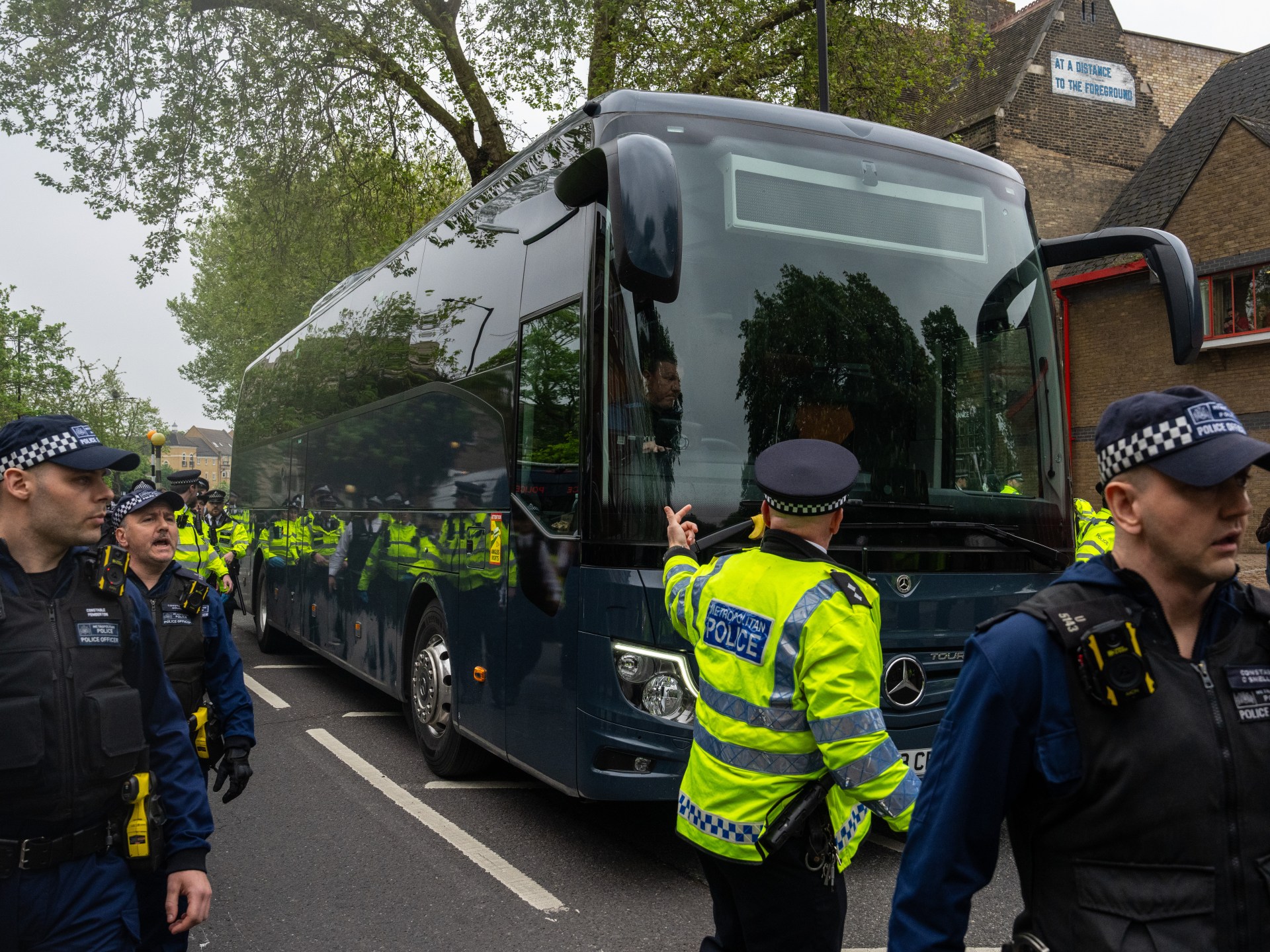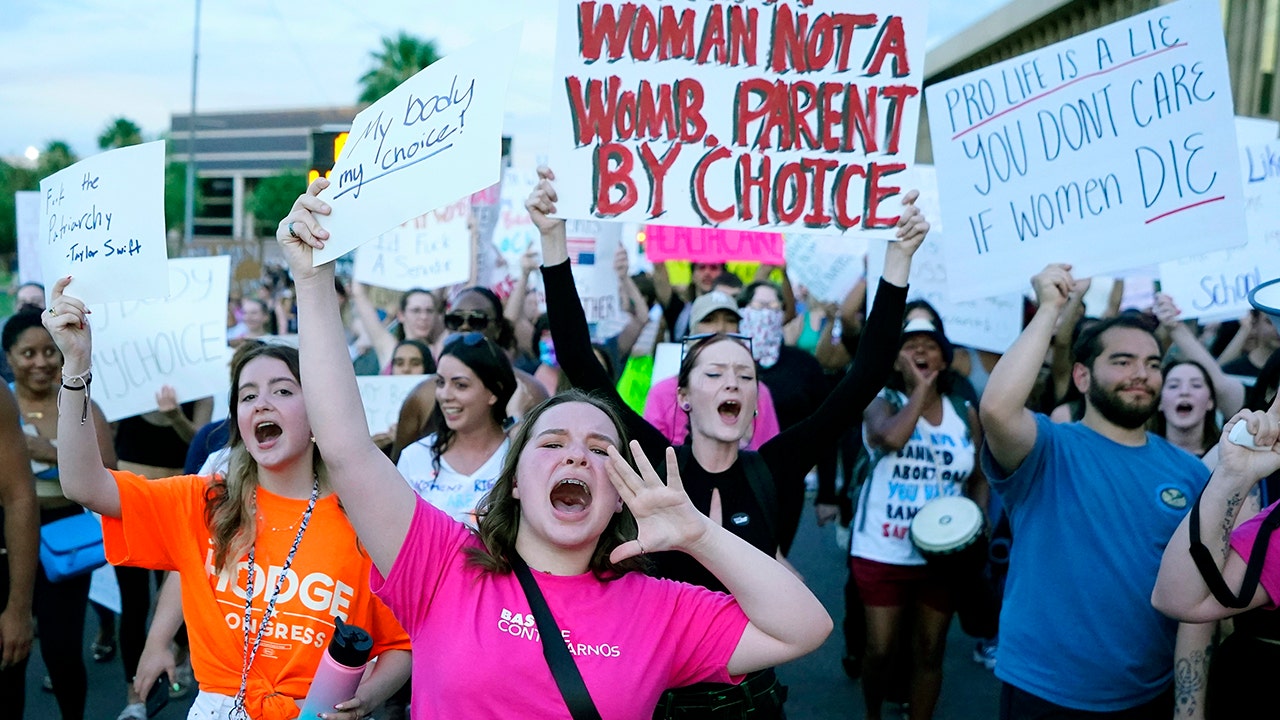U.S. Secretary of Defense Lloyd Austin was in Hawaii on Thursday to meet with leaders from Australia, Japan and the Philippines amid increasing concerns about Chinese military aggression in the Pacific.
Defense officials said the talks would continue the allies’ “historic progress” on cooperation in their defense industries and military activities, including air and missile defense.
Bradley Bowman, senior director of the Center on Military and Political Power at the Foundation for Defense of Democracies, called the quadrilateral group an “anti-aggression coalition” whose efforts protect “many countries around the world who depend on the ability for commercial vessels to sail freely and unimpeded through the Taiwan Strait and the South China Sea.”
“The single biggest reason for what we’re witnessing in Hawaii this week is the increasingly aggressive behavior of the People’s Republic of China,” Bowman told VOA.
“I think Japan, Australia and the Philippines understand that investments in deterrence are far less costly than dealing with a war that could have been prevented, and they understand that deterrence will be much stronger and more effective if they work with the United States and they work with each other,” he said.
Austin was to meet with Australian Deputy Prime Minister and Minister for Defense Richard Marles on Thursday following Australia’s commitment last month to increase defense spending by 20% over the next decade.
Austin also planned to meet with Japanese Minister of Defense Minoru Kihara. During an April state visit in Washington, U.S. President Joe Biden and Japanese Prime Minister Fumio Kishida announced deepening military cooperation, including creation of a trilateral air defense architecture with Australia and trilateral exercises with the United Kingdom.
Trilateral session
The U.S., Japan and Australia were to convene a trilateral meeting following the bilateral talks, where a senior defense official said they were expected to sign a new trilateral agreement on strategic research and development.
Austin then planned to host a quadrilateral meeting with Filipino Secretary of National Defense Gilberto Teodoro and their Japanese and Australian counterparts. It will be the second such meeting of the four countries’ defense ministers.
A senior defense official, speaking to reporters ahead of the meeting, said talks would focus on deterring actors from activities that could “undermine peace and stability in the region, whether it’s in East Asia, the East China Sea, South China Sea or the Pacific Islands.”
Tensions have risen between China and the Philippines in the South China Sea, with China’s coast guard using water cannons last month to threaten Filipino fishing ships. China has also used collision and ramming tactics, undersea barriers and a military-grade laser to stop Philippine resupply and patrol missions.
Bowman said he expected Beijing to complain about the talks as an attempt to form a coalition like NATO in the Pacific.
“I think as a general rule, the People’s Republic of China wants to deal with everything in the region in a bilateral way that allows Beijing to take advantage of power asymmetries. … The bully on the playground … doesn’t want to deal with four or five kids at the same time,” he said.
Last month, Austin spoke with Chinese Admiral Dong Jun in the first dialogue between the two countries’ defense chiefs in nearly 17 months.
The Pentagon said Austin and his Chinese counterpart discussed “defense relations” and global security issues ranging from Russia’s unprovoked war in Ukraine to recent provocations from North Korea. A Pentagon press release said Austin stressed the importance of “respect for high seas freedom of navigation as guaranteed under international law, especially in the South China Sea.”
Beijing has asserted its desire to control access to the South China Sea and bring Taiwan under its control, by force if necessary.
Biden has said U.S. troops will defend the democratically run island from attack.

